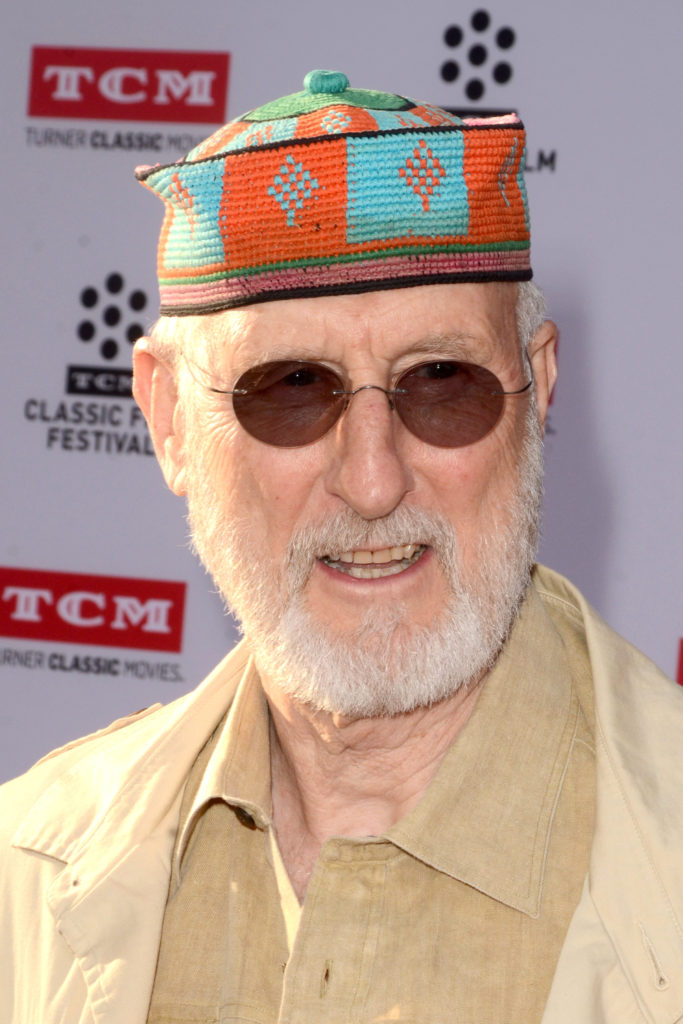Benjamin Franklin was a writer, humorist, businessman, scientist, inventor, musician, diplomat, politician, political theorist, and civic leader. What he wasn’t: an animal rights activist. But don’t try telling that to vegan extremists who have been claiming the great inventor as one of their own.
It’s not the first time wishful activist thinking has been substituted for facts. Recall that PETA chiseled a quotation from a fictional Leonardo da Vinci into its lobby. Activists have wrongly claimed that Dr. Martin Luther King, Jr. condoned violence on behalf of animals. Abraham Lincoln has been repeatedly portrayed as an animal emancipator, despite the lack of any supporting evidence. A quotation about vegetarianism by Albert Einstein has likewise proved to be bogus. And, in our last installation, we found that a popular quotation by Mahatma Gandhi on animal treatment appears faker than pleather.
Now on to Ben Franklin, who is so quotable that animal activists have sought to draft him into their cause. But a few of their favorite quotations were never said by the Founding Father.
Consider this one:
When a human being kills an animal for food, he is neglecting his own hunger for justice. Man prays for mercy, but is unwilling to extend it to others.
The founder of the deceptive Farm Animal Rights Movement, Alex Hershaft, used this quotation in a letter to George W. Bush, urging the former president to “learn from one of our founding fathers.” But Hershaft – and cohorts who have been sporting t-shirts like this — should learn another lesson first: Franklin never uttered these words.
We searched the online database of “The Papers of Benjamin Franklin” and found no reference to this quotation. So we contacted Jerry Weinberger, professor of political science at Michigan State University and author of the book Benjamin Franklin Unmasked, to get his thoughts on the authenticity of this reference.
He responded that this quotation is “at least to the best of my knowledge, not Franklin (a lot of stuff is attributed to him that he never said).” There’s an even more popular quotation often attributed to Franklin that activists, desperate for support by venerated historical figures, loudly trumpet:
Flesh eating is unprovoked murder.
This quotation has been repeated by violent extremists from the Animal Liberation Front and Animal Rights Militia. But it’s actually an ironic misrepresentation of what Franklin said.
Professor Weinberger explained:
The [quotation] comes from the Autobiography, but it’s not accurate:
Hitherto I had stuck to my Resolution of not eating animal food; and on this Occasion, I consider’d with my Master [Thomas] Tryon, the taking every Fish as a kind of unprovok’d murder, since none of them had or ever could do us any injury that might justify the slaughter.
The occasion he speaks of is when, in a boat becalmed off Block Island on his first voyage from Boston to Philly, the people in the boat start catching a "great many" cod. The issue isn’t flesh eating as such, but taking every fish. So that’s more of an ecological objection than a vegetarian one. Franklin first took up vegetarianism as a young boy to save money to buy books, and the context of the fish quote is the circumstance of his giving up his vegetarianism. When the boat landed in Philly, he smelled fish frying and was tempted. When when he saw a gutted fish disgorge a lot of little fish he decided that he could certainly eat fish if they do…and he did.
Franklin was never a strict vegetarian, and after this event of the fish he was an omnivore and really America’s first foodie. [Emphasis is Professor Weinberger’s.]
You read that right. The quotation that animal rights activist so proudly display on their shirts, mugs, bags, and aprons refers to the occasion in which Franklin gave up his vegetarianism.
So there you have it. Da Vinci, MLK, Lincoln, Einstein, Gandhi, and now Franklin. Vegan activists continue to distort the words of history’s greatest for the advancement of their own fringe causes.
Maybe, for once, they should take a deep breath and start practicing Franklin’s 13 virtues. We’d have them start with number seven — sincerity.
Filed Under:
Animal Rights Extremism




